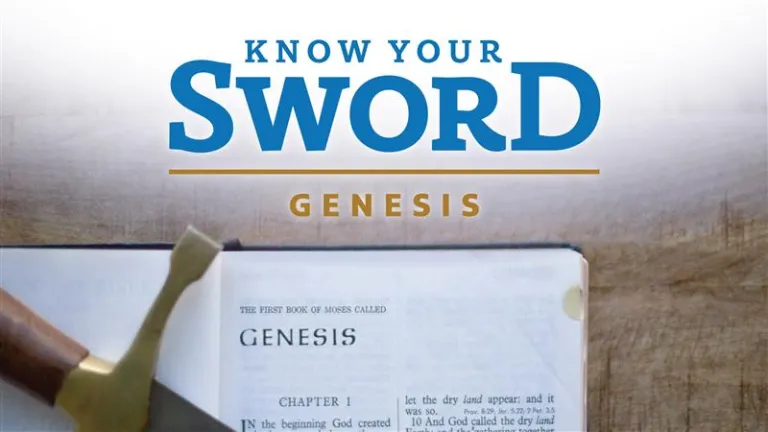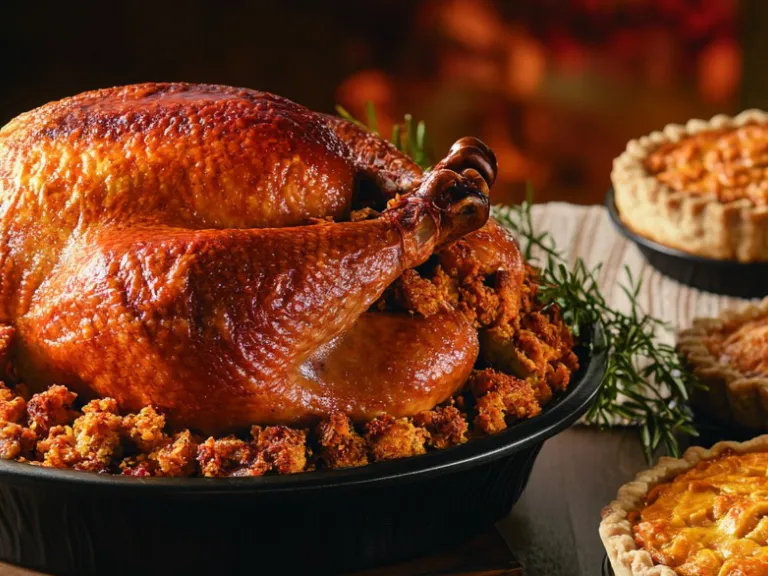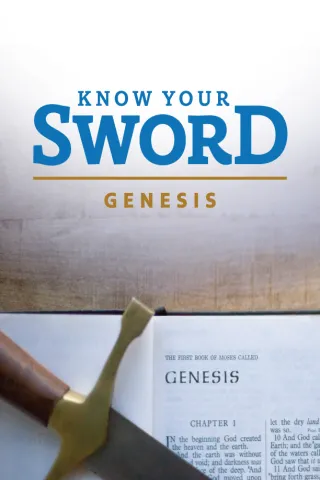Genesis Part 017

Long before Mt Sinai we can see that the Sabbath, Holy Days, and clean and unclean food laws existed and were in effect as a part of God’s timeless law.
Genesis 9:1 is the third time now in the Bible that we see “God blessed” and all 3 times it is in conjunction with being able to reproduce and increase in numbers. The first is to birds and sea life, the second to man and wife and now to Noah and his sons. In verse 3 there has been some debate whether this is the first time man is allowed to eat meat and if they were previously only vegetarians.
“Every moving thing that lives shall be food for you” (Genesis 9:3).
Some seize on this as proof that men were supposed to be vegetarians before the Flood. However, Abel sacrificed an animal previously and as Leviticus shows, parts of sacrifices were eaten. The apostle Paul later explained that some animals were created to be eaten (1 Timothy 4:3-4). These are the animals listed as “clean” in Leviticus 11 and Deuteronomy 14. We already saw the distinction drawn between clean and unclean animals before the Flood in Genesis 7. Why would there have been a distinction at that time if animals were not then eaten? It appears that God was simply telling Noah and his family that it was okay to eat animals again. This likely means they were not permitted to kill any of the live animals on the ark to eat them while on board. Perhaps that would have depleted some species before they had a chance to multiply after the Flood.
In Genesis 9:4, we have the prohibition of eating blood. In Leviticus 17:11 we are told,
“For the life of the flesh is in the blood, and I have given it to you upon the altar to make atonement for your souls; for it is the blood that makes atonement for the soul.”

It’s very clear from this scripture, that God had a special purpose for blood in connection with sin and atonement. Once again, long before Mt. Sinai we see this command along with others regarding the Sabbath, Holy Days and clean/unclean food laws that already existed and formed the basis of God’s Royal law (James 2:8) that continues unchanging from the beginning to the end of mankind. We see this command reinforced to gentile Christians and remains clearly in effect for us too (Act 15:20, 15:29, 21:25).
A question often asked in regard to eating meat and not eating blood is, if we can eat a rare steak? The answer is yes! Even though we use the term “bloody,” the red liquid on your plate and the red/pink color of the meat is not due to blood. It’s natural to think it is, but it’s actually a combination of water and a protein called myoglobin. Myoglobin has the job of transporting oxygen through your muscles. Myoglobin looks red on your plate, because like hemoglobin, the iron in myoglobin turns red when exposed to oxygen. The longer it’s left out, the meat turns from red to brown. Supermarkets will treat meats at times to keep the color staying red longer. So, keep enjoying your steaks however you like them cooked, even a completely rare steak (tartare) does not contain blood.
Animals and fish should bleed after killing them for their blood to drain from their systems.
Genesis 9:6 states,
“Whoever sheds man’s blood, by man his blood shall be shed; For in the image of God He made man.”
This verse is a reminder to us of the value God places on every human being. Each and every one of us was made in God’s image and has the potential to be members of His eternal family (Genesis 1:26-27). This knowledge should have an impact on how we deal with all people, even when they may be difficult or choosing a way of life that goes contrary to God’s instructions.
UYA Team | uya@ucg.org
United Young Adults (UYA) primarily serves the 18–32-year age group for the United Church of God. There are three main areas of contribution to the lives of the young adults: Promoting Spiritual Growth, Developing Meaningful Relationships and Making the Most of Your Talents. The Know Your Sword series is a daily expository message introducing God’s Word from a trusted perspective.



